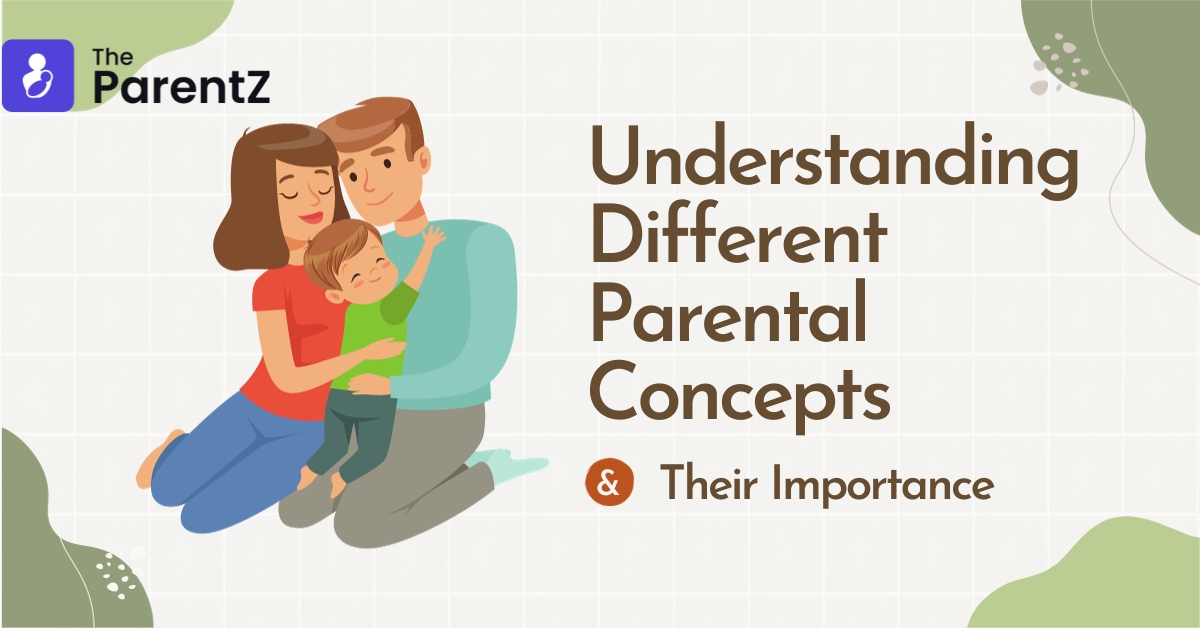Parenting style can affect a child’s behaviour, self-esteem, physical health, and how they perceive themselves. Their parent’s behaviour towards them influences them. It is imperative to see that the parenting is healthy and loving and supports the child’s overall development.
In psychology, there are majorly four types of Parenting concepts. These are authoritarian, authoritative, neglectful, and permissive parent concepts.
These concepts are based on the 1960s research conducted at the University of California, Berkeley by the developmental psychologist Diana Baumrind. In the 1980s, Maccoby and Martin improved the model, which was another contribution. Maccoby and Martin in 1983 added neglectful parenting to the other three parenting concepts.
These parenting methods are sometimes referred to as the Maccoby and Martin or Diana Baumrind parenting methods. Read below to learn more about different parental concepts and their importance during your entire parenting journey.
Authoritarian Parenting
This thought of parenting believes that the kids should follow the rules without any exceptions. Obedience is the priority of authoritative parents. They don’t give their child’s feelings any thought. They never care about what the child thinks. Instead of using discipline, they use punishments.
Children who grow up in such an environment tend to be obedient and submissive. They also become aggressive or hostile. Much of their life revolves around making their parents acknowledge their work; they might also feel anger towards their parents or themselves for not living up to their parent’s expectations.
As authoritarian parents are usually strict, their children become good liars too.
Authoritative Parenting
Authoritative parents are those who frequently care for, nurture, and understand their children’s needs. They are open to guiding their child through honest and open discussions to teach them values and reasoning.
Children of authoritative parents tend to typically develop self-discipline and are able to take care of themselves.
Authoritative parents use positive disciplining strategies to teach their children. They would appreciate and reward their kids. Children raised by them are good at decision-making, feel comfortable expressing their feelings, and tend to be happy and prosperous.
Permissive Parenting
Instead of being parents, these parents behave more like fellow friends. Rather than giving direction to their kids, they keep the communication open and let the kids decide for themselves. They don’t expect much from their children. They would also agree with their children’s demands at first sight of the distress.
The limited rules set by parents lead to bad habits in children. For instance, children themselves will decide what to eat and what not to. These children will have self-esteem and decent social skills. They are also impulsive and demanding and also lack self-regulation.
Neglectful/Uninvolved Parenting
These Parents have little or no clue about their child’s life. Their children don’t receive much guidance, parental attention, and nurturing.
Neglectful parents expect their children to rear themselves. They don’t give much focus to their children’s needs. But these parents’ neglect can’t be intentional every time. They become too overwhelmed with household chores and paying bills or are too busy in their professional careers. An uninvolved parent might think that their child will do better without their supervision.
Children raised by them tend to perform in academics and are less happy. They also have trouble controlling their emotions and maintaining social relationships.





Be the first one to comment on this story.